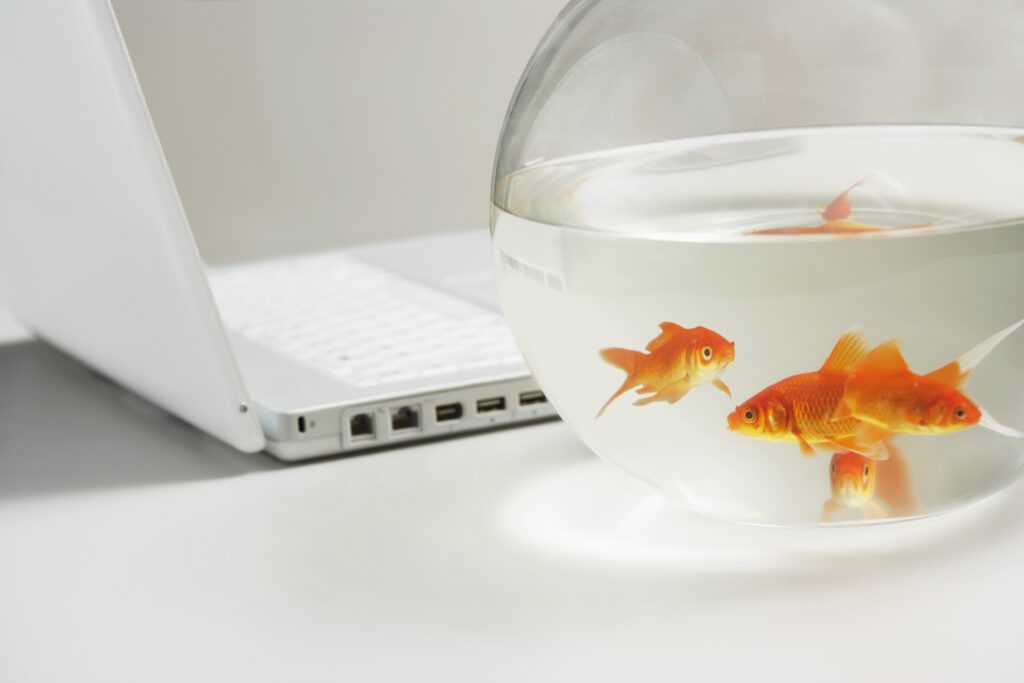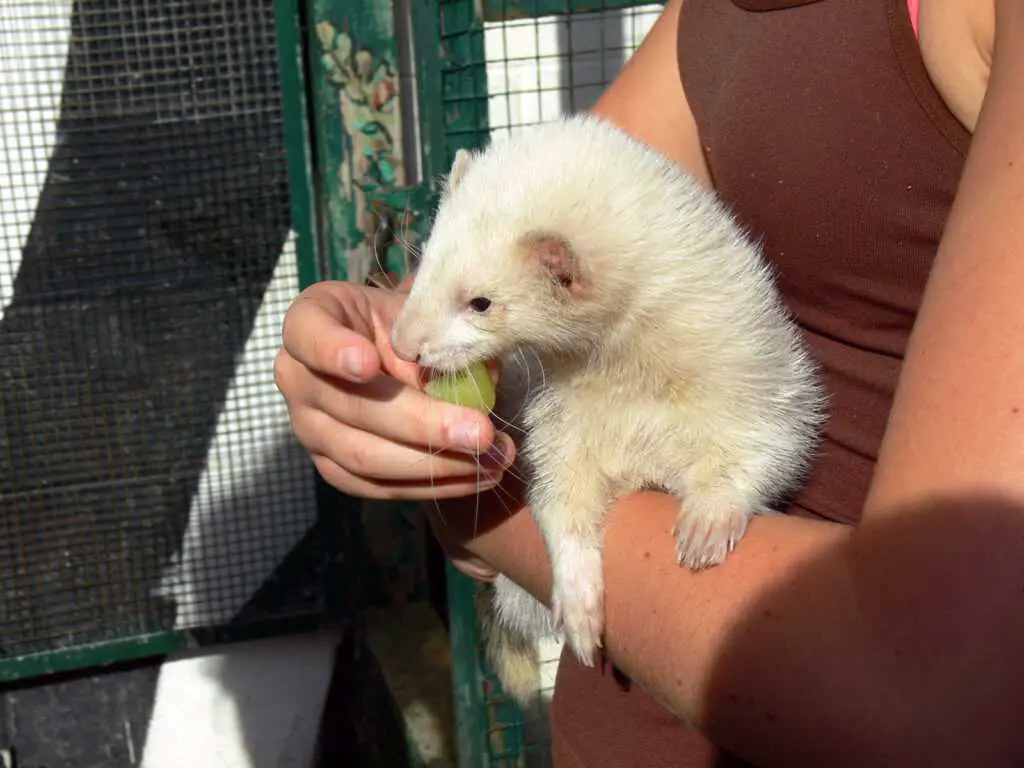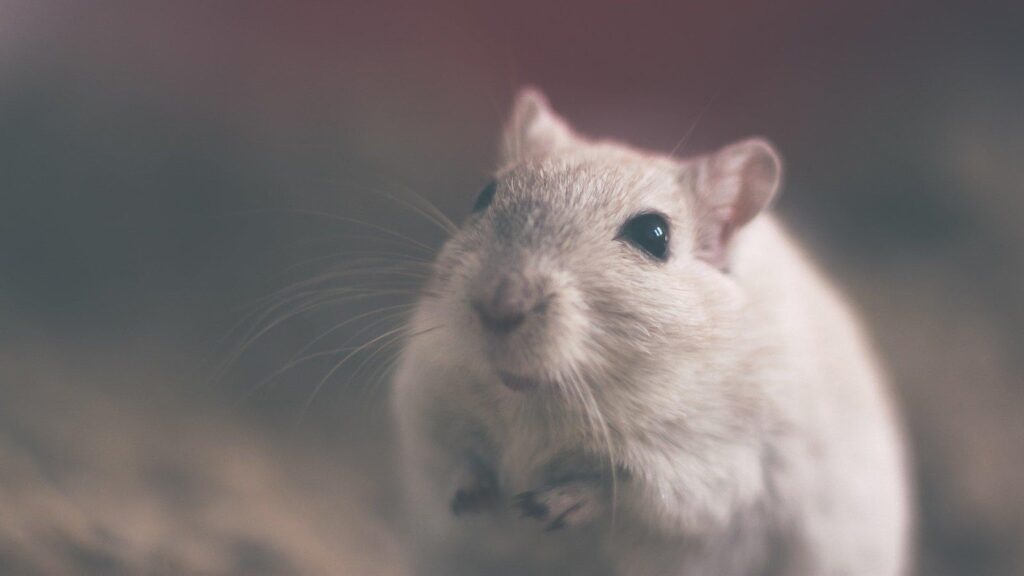Job opportunities are increasing in cities, meaning more people are drawn there in an attempt to create a better life for themselves. This leads to a lack of space, which implies each person has a much smaller area for living. Living in small houses or apartments might stop you from owning a pet because you fear they won’t have enough room to roam. However, you shouldn’t worry. If you have been thinking of getting one but are confused whether it’s a good idea, here is a list of pets that are perfectly suited for small spaces.
Why Bother Having Pets in a Small Apartment?
Having a pet at home can be great. They’re fun and they help you fight tension and stress. Small pets not only take up a small amount of space, but they are also very low maintenance if you buy the right one!
There are multiple kinds of low maintenance pets that do wonderfully in the environment of a tiny apartment.
Here is a list of our top pet picks for anyone who lives in a small apartment or home:
1. Dogs
Dogs can excel in small spaces, but finding the right breed is vital to your success. While many places have size limits, the fact is that a large dog will live comfortably in an apartment too if you fulfill their daily activity requirements and provide them with a high-quality environment during the day. The breed’s propensity to bark and annoy neighbours, as well as its exercise requirements, are essential considerations to make when becoming a small apartment pet owner.
Things To Keep In Mind
- Dogs demand regular walks and outdoor activities. If you can’t afford to have a dog walker, it’s best for you to consider purchasing a small dog like a pug, chihuahua, or a cavalier king.
- If you want to have a big dog, a greyhound might be your best option. These dogs enjoy snoozing for long hours and they stay quiet and calm a majority of the time.
- Don’t forget to talk to your landlord or property owner about extra deposits or conditions for owning a pet.
2. Cats
Cats are the perfect pet option for small apartments. They do very well because they like to spend most of their time snuggled up in their favorite place, sleeping.
Cats are independent, quiet, and are the least likely to disturb you. Cats are indoor pets. So, they don’t like going for walks or participating in outdoor activities. They can live entirely indoors. They do need regular care, but it can be as simple as cuddling in front of the TV, grooming them, or playing with their toys.
Things To Keep In Mind
- Some cat breeds, such as the Siamese, are very loud. So, if you’re away from home for long hours and don’t want a lonely cat howling at your neighbors, you should consider keeping two. This will prevent loneliness and keep them occupied.
- Not all cat breeds are meant to live in a small apartment. Cats like the Bengal and other bigger breeds don’t always do well in a small space because they have a much higher need for mental and physical stimulation.
- In terms of keeping a cat as a pet, your property management company may impose certain restrictions to prevent spraying and heat-related behaviors like howling. Most facilities require a cat to be spurred or neutered.
3. Birds
With a few exceptions, a bird can make a nice companion in a small space. Many types of birds need a lot of interaction and stimulation to be happy. If you’re gone for a few hours a day, depression and loneliness can cause behavioral problems in your pet bird. One of the most common responses is screaming, which will undoubtedly ruin your relationship with your neighbors. With the right cage configuration, smaller bird species like finches and canaries may thrive in small spaces.
Things To Keep In Mind
- If you’re new to bird ownership, do research about the breed you’re interested in to make sure you’ll be able to take care of it properly. Basic bird care includes having the right food, a good sized habitat, regular cage cleaning, and meeting their behavioral needs, which include human touch, playing with toys, and other intellectual stimulation.
- Many bird species need daily time outside of their cage to remain relaxed, so keep this in mind while selecting a bird.
- Most birds enjoy living in pairs and can live for up to 20 years if properly cared for.
- Don’t leave any windows open when you let it out of its cage 🙂
4. Fish

In a small apartment, keeping a pet fish is an excellent option. You won’t have to worry about your pet’s noise bothering your neighbors or about walking your pet. Fish have also been found to help people with Alzheimer’s disease alleviate their stress, lower their blood pressure, and even improve their overall behavior.
You can choose from a variety of fish to personalize your aquarium setup. Beginner fish include bettas and guppies. You are not limited to having only fish in your aquarium; you can also hold shrimp, snails, and even African dwarf frogs.
Things To Keep In Mind
- Aquarium cleaning is normally low-maintenance, but when you have a fish as a pet, you might have to deal with much more complicated water and environmental requirements (especially for tropical fish).
- Make sure you thoroughly research your fish choices to determine how much you should change the water, how much you should spend on feeding, and whether or not your fish species are happy with one another. You’ll also be limited in tank size because you’ll have to depend on the requirements of your apartment or condo complex.
5. Little Pocket Pets
“Little pocket pets” is the term used for tiny creatures like rabbits, ferrets, hamsters, guinea pigs and other similar animals. These adorable creatures are one of the best options for small apartment pets. They stay snuggled inside their houses and make very little or even no noise.
Their maintenance and care are very easy and affordable. What makes these animals unique is that they are nocturnal, which means they are awake while you’re sleeping. So, if you’re a light sleeper, you should keep this in mind.
Little Pocket Pets Details
Rabbits

Rabbits make excellent apartment pets because they are tiny and like to live in a cage, which means they won’t take up much space in your house. Since rabbits are most active in the mornings and evenings, keeping a rabbit is bound to fit perfectly into your schedule.
Things To Keep In Mind
- Make sure to vacuum your rabbit’s enclosures regularly to avoid any foul odors.
- Rabbits like to chew, to continuously grind down their teeth because their teeth never stop growing. So make sure to provide plenty of toys and hay for your rabbit to chew on.
- Like cats and dogs, rabbits can be taught to use the litter box and walk on a leash.
- The mini rex, dutch rabbit, and holland lop are some of the most popular breeds.
Hamsters

The hamster is a common pocket pet. If you want to keep just one you won’t need a massive enclosure, as hamsters are tiny and they don’t require a big space to live in.
Things To Keep In Mind
- Hamsters don’t need a lot of care apart from cleaning their enclosure, feeding them, and making sure they have the right things for playing.
- Communicating and being active with them is essential, as it will help you to know about the behavior of your pet and its likes and dislikes.
Ferrets

Ferrets are friendly and sweet-natured pets that are easy to look after. They adapt well to apartment life, requiring only a small enclosure and human contact once a day. They are quiet and clean. Ferrets sleep for long hours, so you don’t have to worry about the high responsibilities of keeping them in your house.
Things To Keep In Mind
- Ferrets have different personalities, so it’s best to spend some time with them before considering them as a pet so that you know if its behavior will suit you and your lifestyle.
- Although ferrets enjoy napping, they are likely to be running, tumbling, or skidding around the floor when they aren’t sleeping. Young ferrets enjoy chasing balls, nibbling on toes, and generally getting into mischief. They prefer to overeat and become obese if they are not allowed to leave their cages. If you’re interested in purchasing a ferret, make sure you have plenty of time to play with it.
Rats

Rats are extremely intelligent, hilarious, and are easy to care for. They’re very huggable and friendly creatures. Rats are social, so it’s a good idea to have at least two of them in one cage. The recommended minimum enclosure size for a pair of rats is 40 to 60 gallon aquariums or cages.
Things To Keep In Mind
- Rats need company of their own kind, so keeping one alone is inhumane.
- It’s essential to keep the rat enclosure clean and tidy to prevent germs and infections from spreading in your house.
Integrating a pet into your life is a wonderful experience, and you shouldn’t miss out on it simply because your home is small. Hopefully this article gave you some ideas of pets you could still enjoy!



